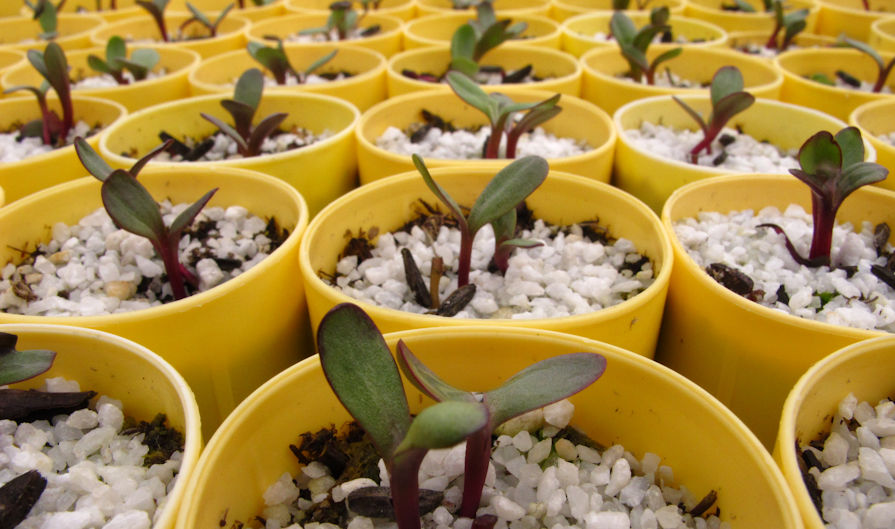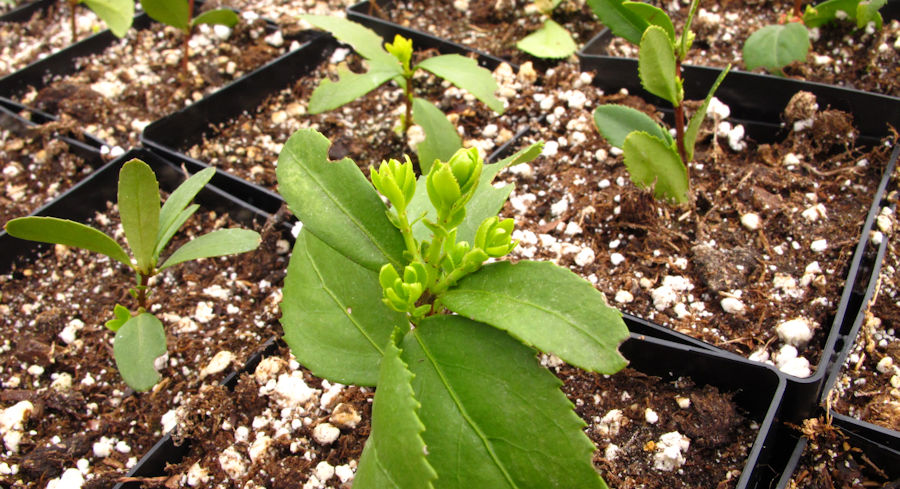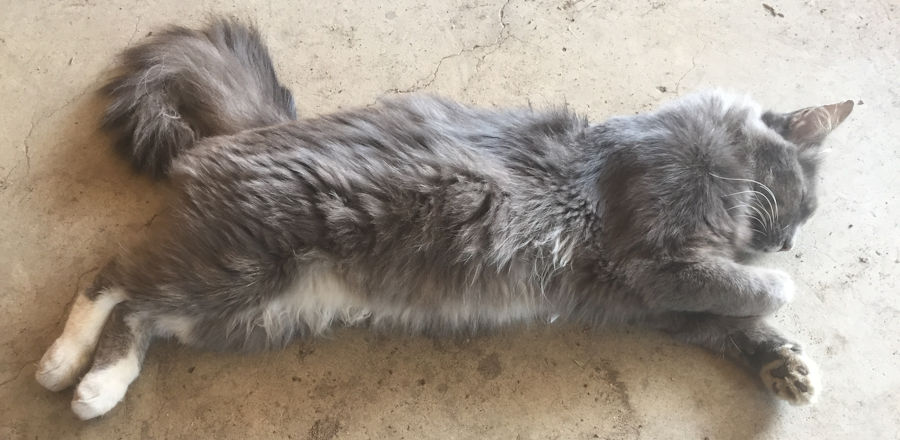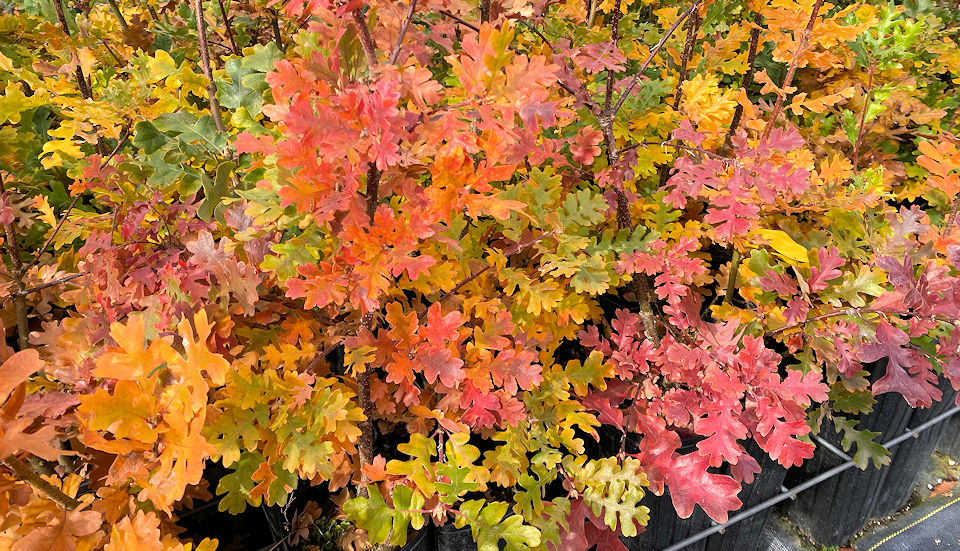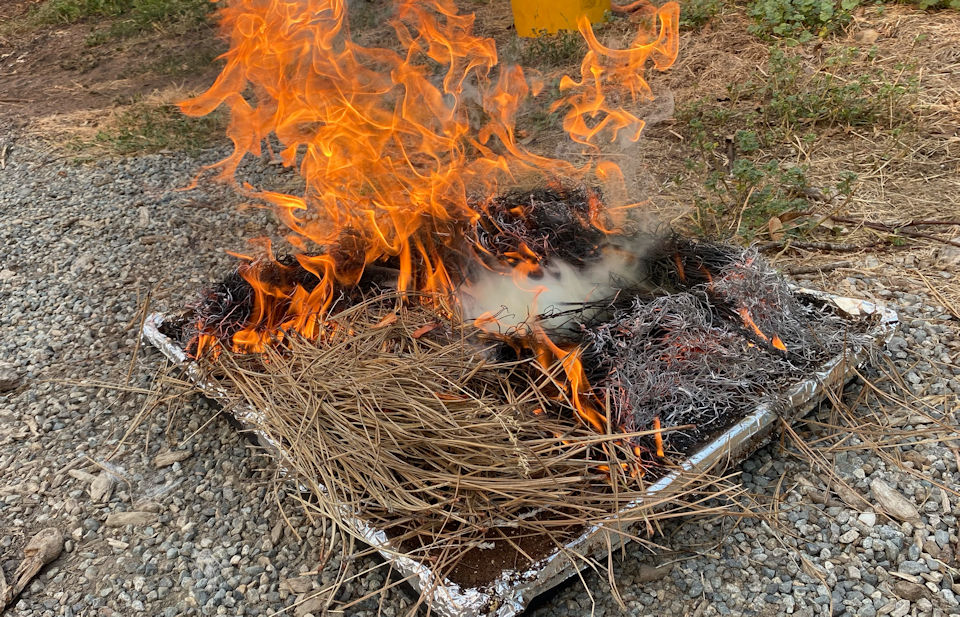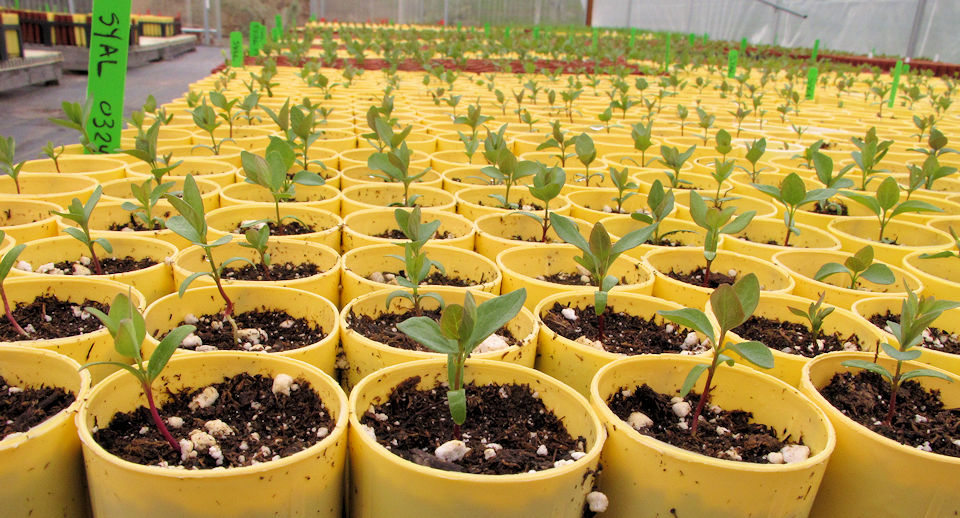2016 – Up and Growing Again!
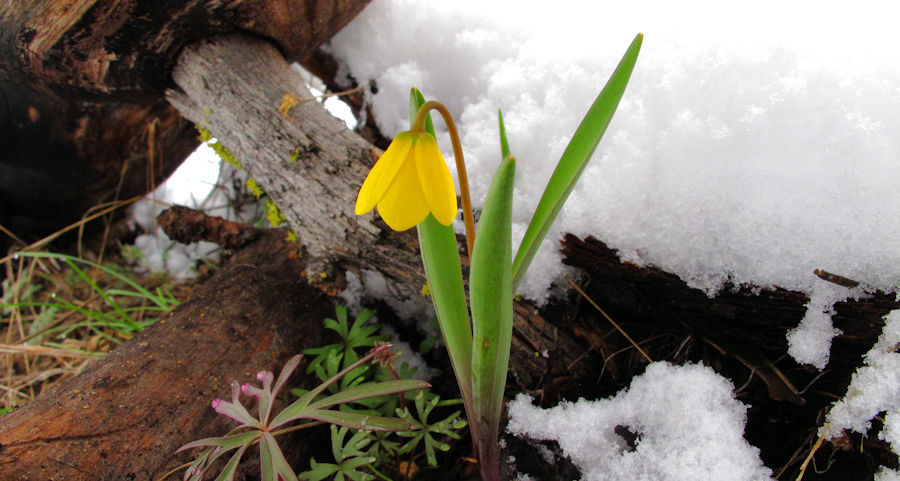
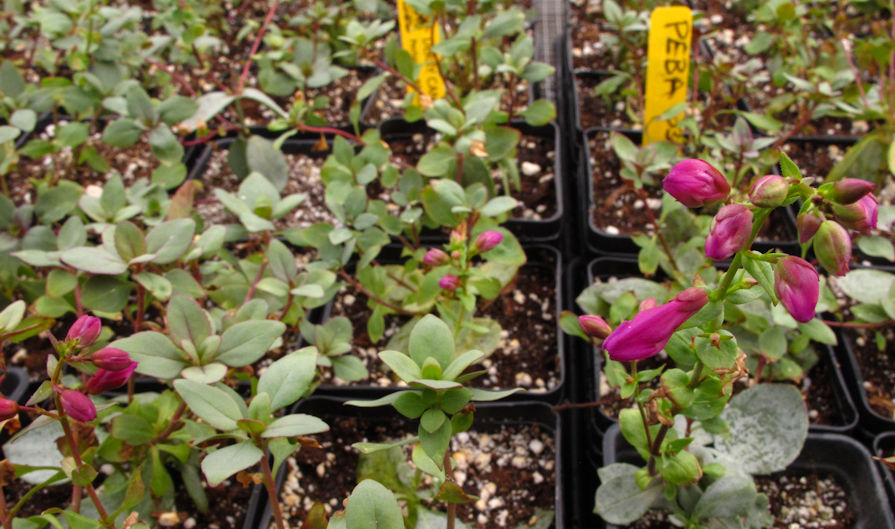
Derby Canyon Natives is now open for business. Through March we open by appointment Monday through Friday. Beginning Friday, April 1 (no joke!), we resume our regular retail hours of Fridays 9-5 and Saturdays 8-12 noon.
A lovely little yellow bell enduring a mid-March snowfall
It’s great to be back at it, regardless of a few late snows! We had a good snow winter, a welcome change from the past two dry winters. As the snow melted away we soon had new growth on the hills behind the nursery; yesterday I found early blooms of yellow bells (Fritillaria pudica), pine (glacier) lily (Erythronium grandiflorum) and a low white desert parsley (Lomatium sp., likely L. gormanii).
Arrowleaf balsamroot seedlings, some of the very first to emerge each year
In the nursery some species germinate and emerge in late February even with snow around them; these tend to be early bloomers and shrub steppe species, including arrowleaf balsamroot (Balsamorhiza sagitatta), bitterbrush (Purshia tridentata), and big sagebrush (Artemisia tridentata ssp. tridentata). The seeds we sowed last fall should all emerge in March, after spending the winter under a blanket of snow receiving the cold treatment most need to overcome germination inhibitors. This is a time of anticipation, excitement and, at times, disappointment for us as the new seedlings show up: did they germinate? Too few or too many seedlings? Did the tricky, uncommon species appear? We are always trying new species, that don’t show up on the web site’s listing; this year’s roster includes Brown’s peony (Paeonia brownii), hairy golden aster (Heterotheca villosa), mountain spring beauty (Claytonia megarhiza), three new Penstemon species, Pacific dogwood (Cornus nuttallii) and rose meadowsweet (Spiraea splendens). It all has an impact on the business, as we try to meet contracts and customer needs.
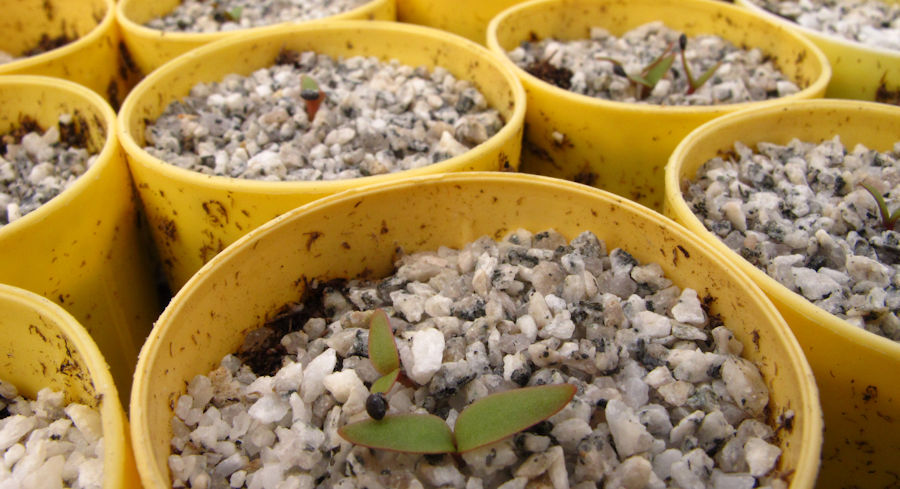
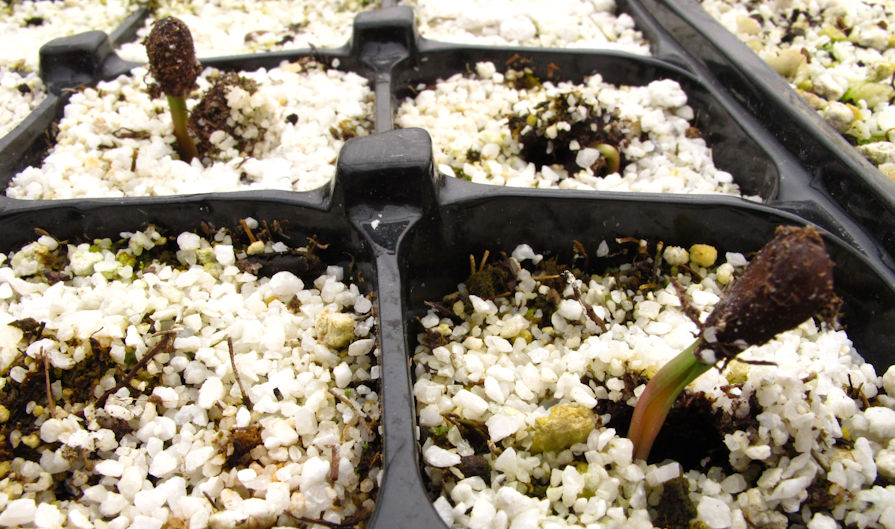
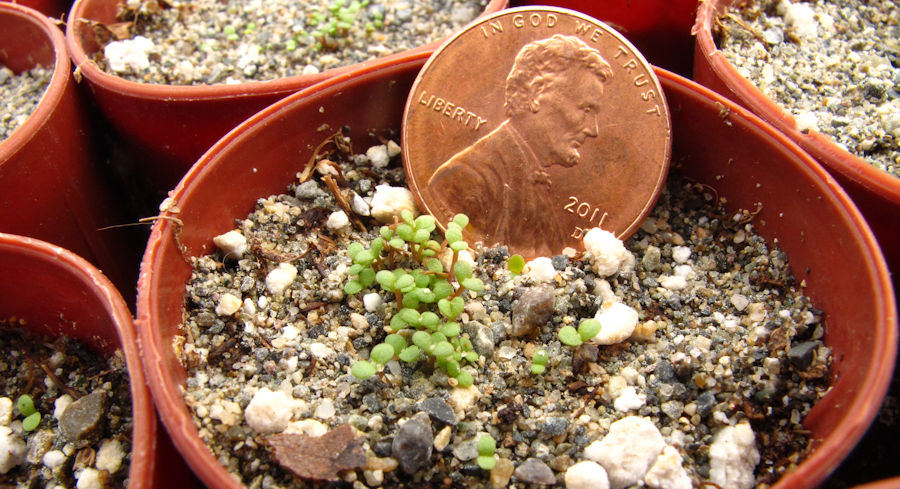
It takes little time in our greenhouses (really just hoop houses with a a single layer of poly) for the extra warmth to spur on new growth in the overwintered pots of wildflowers and shrubs and show that they survived the winter.
New growth on cuttings of mountain boxwood (Paxistima myrsinites)
Some plants weren’t so fortunate. We faced large populations of voles, small rodents that moved into the nursery from the surrounding orchard and chowed down on some of their favorite foods, especially my young Garry oaks (Quercus garryana) where they destroyed nearly 75%! My Chief of Rodent Control, Ozzie, has been reprimanded and I’m looking to hire an assistant for him before next winter; know any good mousers?
The Useless Mouser, doing what he does best

